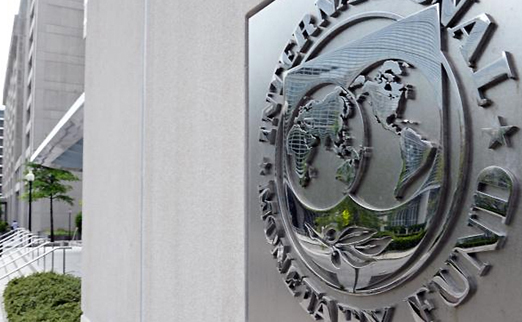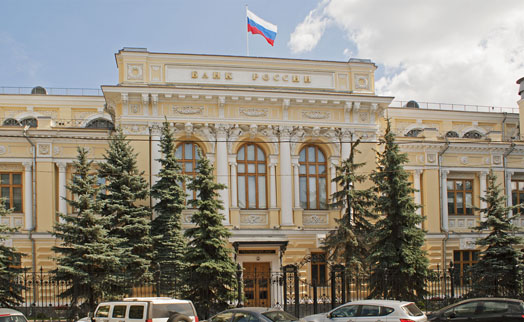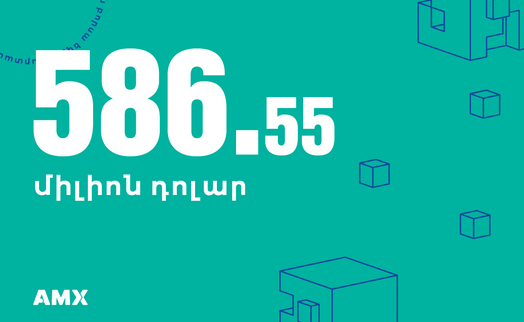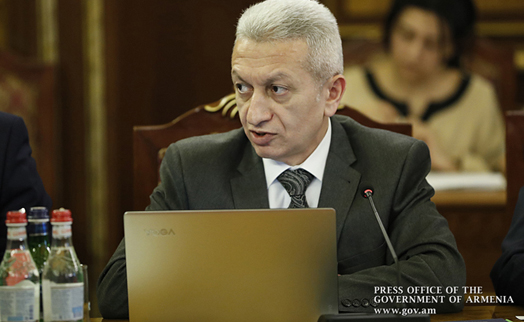07.11.2014 16:55

YEREVAN, November 7. / ARKA /. Placement of Eurobonds and gas agreement with Russia should reduce the risk of increasing pressures connected with funding of the Armenian government and increasing energy costs, according to IMF report ‘The Regional Economic Outlook for the Middle East and Central Asia”, released on Tuesday.
The report says the growth in the Caucasus and Central Asia is expected to decline by about one percentage point of GDP in response to the slowdown in Russia.
The report projects that growth will fall to about 5.5 percent this year and next, in part owing to the region’s close ties with its economically struggling neighbor.
“Weaker growth in the CCA region stems from the economic slowdown and increased geopolitical risks in Russia, coupled with weaker domestic demand in a number of countries due to fiscal tightening and flat oil production in some countries,” Juha Kähkönen, Deputy Director of the IMF’s Middle East and Central Asia Department, told reporters in Almaty, Kazakhstan.
Economic developments in Russia significantly affect the growth prospects of the CCA region through a number of channels, mainly trade, remittances and investments. A protracted period of slower growth in other trading partners, particularly Europe or China, could also have a negative impact over a longer time horizon, the report cautioned.
The CCA’s oil exporters—Azerbaijan, Kazakhstan, Turkmenistan, and Uzbekistan—are expected to see growth soften to 5.6 percent this year from 6.8 percent in 2013. These countries are shielded to some extent from Russia’s slowdown, thanks to diversified export markets and the high oil prices of recent years, which allowed large fiscal cushions to be built up.
Non-oil growth in the oil-exporting countries is nonetheless forecast to decline by about 1 percentage point, because of slower consumer lending, increased investor caution, and higher geopolitical risk related to the conflict between Russia and Ukraine, the IMF staff said.
Growth in the CCA’s oil importers—Armenia, Georgia, Kyrgyz Republic, and Tajikistan—is forecast to slow by a full percentage point this year, to 4.6 percent of GDP. Because these countries have close trade and remittance linkages with Russia—as well as limited fiscal cushions—they will see a greater impact from Russia’s slowdown than the CCA’s oil-exporting countries, the IMF staff’s report said.
Lower remittances from Russia, in particular, will cause the current account deficit of these countries to widen to more than 8 percent of GDP in 2014-15 from 7 percent in 2013 (except in Armenia, where remittances have remained resilient).
Fiscal deficits are likewise expected to worsen this year. For countries such as Armenia and Georgia, though, a pause in fiscal consolidation may be warranted to allow growth to take hold, the report notes. A return to gradual consolidation over the medium term would be essential to build up buffers and place public debt on a declining path, the report said. -0-
Read the news first and discuss them in our Telegram
Tags:






























